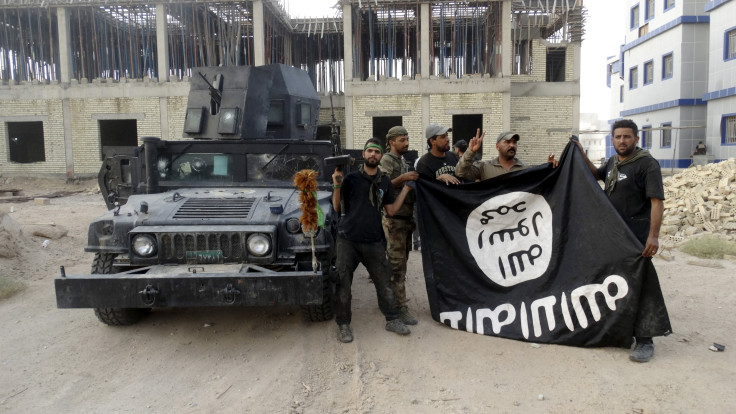ISIS Made Military-Standard Weapons In Mosul: Report

The Islamic State group, also known as ISIS, has been manufacturing weapons near the northern Iraqi city of Mosul on an industrial scale, an arms monitoring group said in a report published Wednesday. The militant group also uses products mostly purchased in bulk from Turkey.
ISIS had a “robust and reliable” supply of raw materials from Turkey and the weapons manufacturing could not be called as “improvised” due to technical accuracy, according to the London-based Conflict Armament Research (CAR) that last month visited six facilities previously operated by ISIS in eastern Mosul.
“Although production facilities employ a range of non-standard materials and chemical explosive precursors, the degree of organization, quality control, and inventory management indicates a complex, centrally controlled industrial production system,” the CAR report stated. “The production of factory grade packaging is one example, whereby the group has constructed palletized wooden boxes for the long-term storage, and long-range transport, of rockets and mortar rounds.”
The CAR researchers examined the extremist group’s weapons found at manufacturing sites and on the battleground during the current Iraqi operation to retake the ISIS stronghold of Mosul. With the ongoing offensive of the Iraqi military, the militants have been unable to make weapons on an industrial scale. However, CAR’s Executive Director James Bevan said that the highly trained fighters are likely to take their skill set with them as they move back.
“Given that this group is so organized, they clearly see the writing on the wall in Mosul,” Bevan told the Associated Press. “They place a very high value on technical capacity and they will do everything they can to preserve it.”
According to the CAR, ISIS has manufactured tens of thousands of rockets and mortar rounds in the months prior to the Mosul offensive. It also stated that the documents it examined in Mosul suggested the Sunni hard-line group had provided its fighters with instructions on making and planting improvised explosive devices and operating complex weapons systems, such as anti-tank guided missiles.
© Copyright IBTimes 2025. All rights reserved.






















